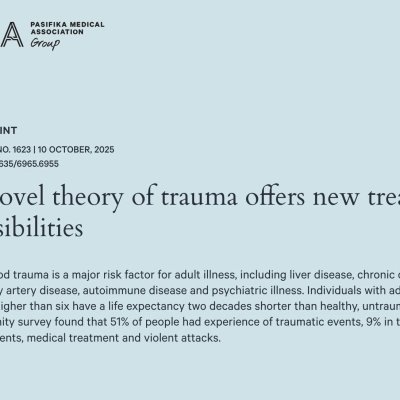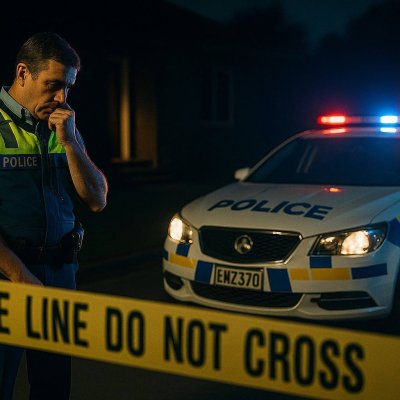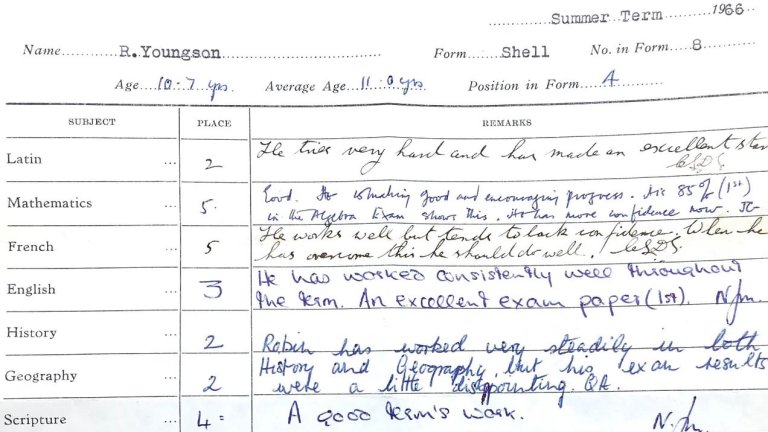A Moment to Rethink: Policing, Protection, and Public Trust
Residents of of Clyde Rd, Bryndwr, Christchurch were alarmed by the sound of gunshots around 11pm on Wednesday night (13th August 2025),and woke to the shocking news that a woman— someone police were called to protect during a domestic incident—was fatally shot by officers. Her partner, reportedly armed with a hunting knife, was also shot and critically injured, however his condition has stabilised due to medical interventions.
It's a tragic irony that the person seeking protection lost her life at the hands of those meant to keep her safe.
Sadly, police shooting fatalities in Aotearoa are not new.
A 2022 Radio NZ investigation by senior journalists Guyan Espiner and Farah Hancock, Licensed to Kill, 21/3/22, revealed that since 1990, New Zealand Police have fatally shot people at a rate 11 times higher than police in England and Wales. Disturbingly, many of those killed were not armed with firearms—some weren't armed at all. (1)
Of the 39 police shooting fatalities investigated by the Independent Police Conduct Authority, (IPCA) six victims were unarmed, and 14 didn’t have a gun. This should alarm all of us. Specialist firearms lawyer Nicholas Taylor interviewed in the RNZ investigation, pointed to inadequate training and a police culture that prioritises risk-taking over de-escalation.
It’s clear that relying so heavily on firearms needs urgent review, furthermore whatever has happened to the use of TASERS to defuse violent incidents? TASERs, introduced in 2010, have proven to be a powerful alternative to firearms. Deputy Commissioner Tania Kura noted in a NZ Police press release 28/9/23, in 82% of incidents, simply presenting a TASER was enough to calm the situation without firing a single shot.
This is the kind of policing our communities deserve—focused on de-escalation, not lethal force. It’s time for our government to re-evaluate police access to firearms, invest in better training, and ensure that TASERs—not guns—are the go-to tool in volatile situations. Our lives may depend on it.
While Wednesday night’s tragic police shooting has shocked the nation, it’s vital to remember that this event – as well as growing concerns about police recruitment – should not be viewed as an indictment of the thousands of frontline officers who serve New
Zealanders with dedication, day and night, year-round. For decades, New Zealand Police have earned a strong global reputation for professionalism and community-focused service.
However, 2025 is shaping up to be a year the agency will not reflect on fondly. Tensions have been simmering since late 2024 when mental health providers voiced alarm at the Police’s decision to reduce their involvement in mental health crisis callouts. The agency cited chronic staff shortages and a growing mismatch between police training and the complexity of mental health emergencies. Mental health professionals, already overstretched, feared the impact of this reduction by NZ Police in the role of first responders would directly impact vulnerable people in crisis.
Now, fresh revelations from Michaell Morrah a senior investigative journalist with the New Zealand Herald have intensified the pressure on the Police. On June 13th, The Herald published Morrah’s damning article revealing that 128 police recruits had been admitted to the NZ Police College without passing the required English literacy test or meeting minimum physical standards. (2)
According to a police audit of recruitment standards from January 2024 to April 2025, 266 recruits required English assessments—of these, nearly half (48.1%) failed. Yet they were still allowed to commence training. The audit also revealed breaches in the Physical Appraisal Test (PAT), which assesses essential frontline fitness through a 2.4 km run, vertical jump, press-ups, and grip strength. Eight applicants failed outright but were still accepted into training. Nine others passed the test components on different days—another clear violation of policy.
The PAT is more than a box-ticking exercise. It's designed to ensure recruits can handle real-life scenarios: chasing suspects, climbing barriers, assisting injured civilians, and more. The Herald’s report included interviews with Steve Watt of the Police Association, and Ginny Andersen, Labour’s Police Spokesperson. In his comments Watt expressed concern over what appeared to be apparent bending of the rules regarding eligibility to the police college.
“We are concerned – Policing is a physically and mentally demanding job - that requires a high level of acuity, having applicants enter the college without the basic minimum standards put them. other recruits and our members at risk of injury. The Police have dropped the ball in terms of the PTA and one wonders what other areas have been compromised and we will be asking the police that question.”
Labour’s police spokesperson Ginny Andersen told the Herald there was a “clear pattern” of recruits failing standards under the current minister.
“This raises serious questions about political pressure being placed upon the college to deliver on the Government’s failed promise of 500 more police on the beat. Furthermore, the New Zealand public needs to understand what was the directive that was made in order to bend the rules – this compromises public safety and we need to know what has gone on here” she said.
When asked if NZ Police bent the rules, Andersen replied; “It is very unlikely that Police would have bent the rules in order to meet a promise made by ministers.”
However, with public confidence in policing already under strain following recent high-profile incidents, these revelations strike at the heart of trust and accountability. No one questions the courage and sacrifice of New Zealand’s frontline officers. But as
recruitment standards come under scrutiny and questions mount over political influence, the agency itself must now answer to the people it serves.
New Zealanders value their police. But they also expect them to be capable, credible, and committed to the highest standards—on every beat, every day.
Notes:
- Licence to kill – The startling truth about New Zealand’s fatal police shootings RNZ 22/3/22
Licence to Kill: The startling truth about New Zealand's fatal police shootings | RNZ - Police review finds 128 Recruits failed English test, fitness standards NZ Herald 13/6/25
Police review finds 128 recruits failed English test, fitness standards - NZ Herald
About Richard Vernall
Richard is a career practitioner who has worked with young people providing vocational pathways since 1990. He designed the first independent supported employment agency (Poly-Emp 1993) in New Zealand for students with learning difficulties that operates out of Unitec and Manukau Institute of Technology. Richard was a board member of JAG –Justice Action Group for People With Disabilities - 2006-2017 and he is the author of the book – Running on Empty: Antidepressants and Youth Suicide
– A New Zealand Review (2021).











